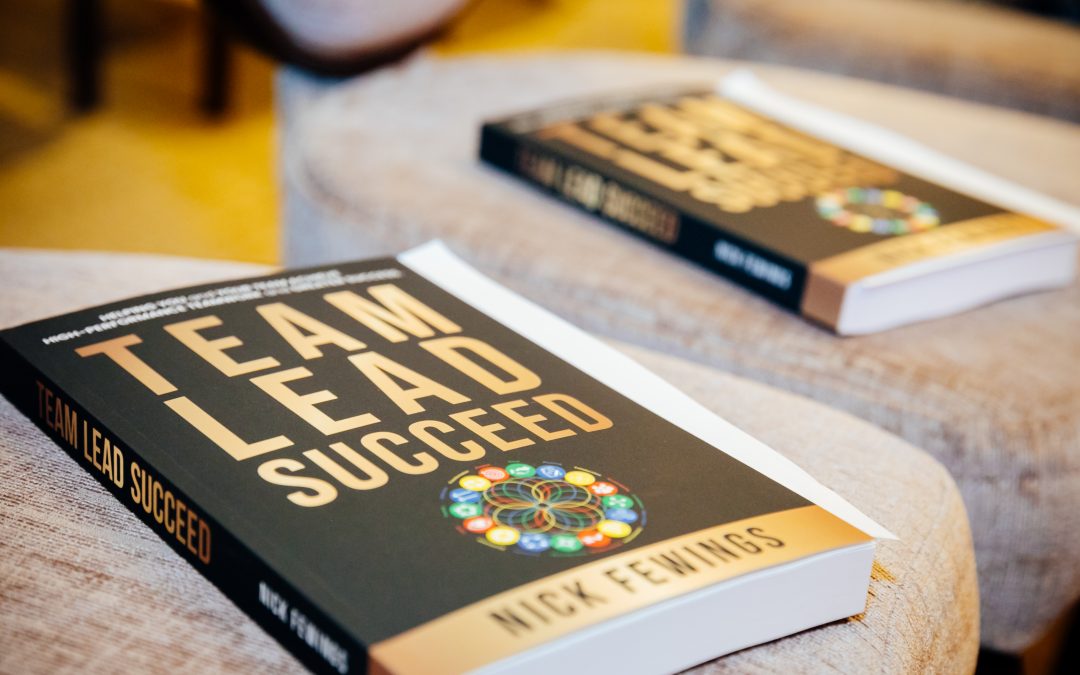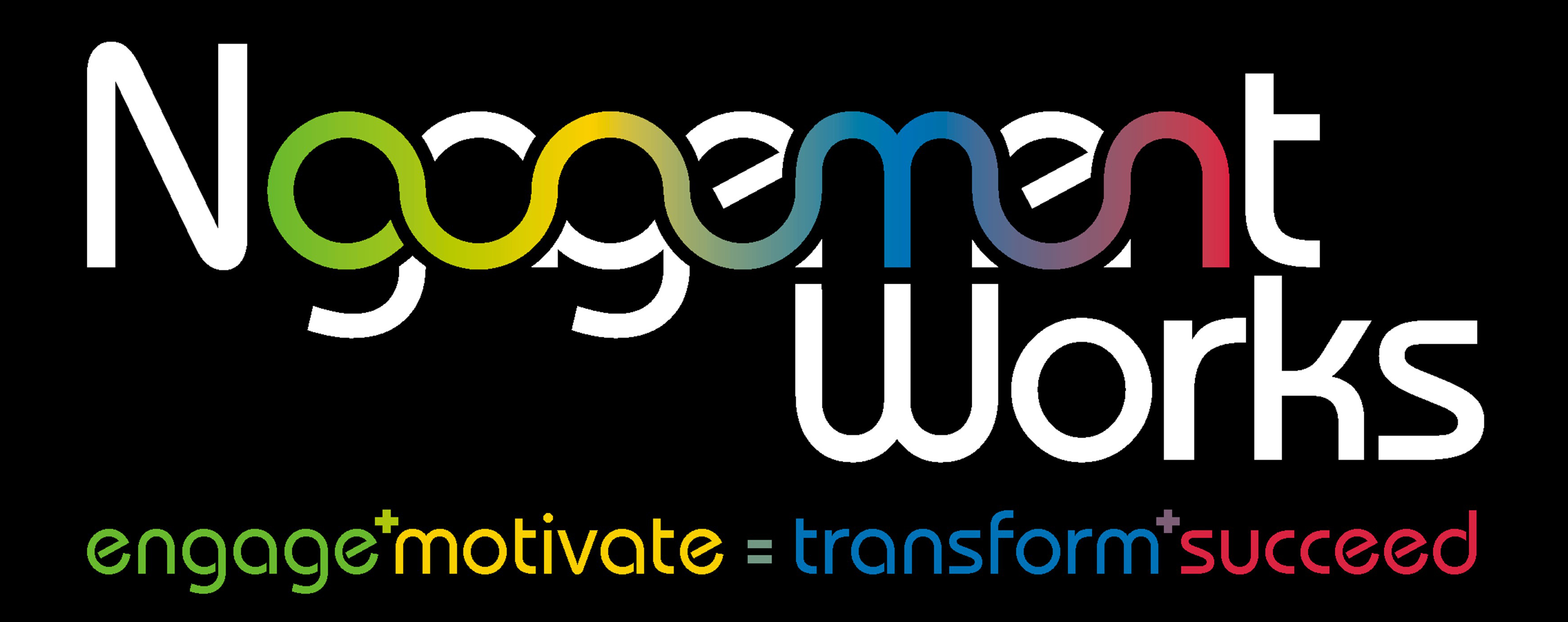
When I work with teams, meetings or more to the point the frustrations of some meetings is a regular topic of discussion.
Just reflect on a recent meeting that you have been to. Think about your colleagues and their different personalities and interpersonal styles.
Our frustrations tend to be based on our psychological needs not being met. Two psychological pairings predominantly come into play in meetings. The first pair and often the biggest cause of frustration, relates to whether you have a preference for being more introverted or more extraverted.
We can slide along this scale, however we all have a natural ‘comfort zone’, just like we can write with both our left and right hand, with one feeling more comfortable to us.
At a top-level, those with a preference for introversion, get their energy from within and in terms of communication, they ‘think before they talk’.
Those with an extraverted preference draw their energy from interactions with others and when communicating often ‘think as they talk’.
 There is no right or wrong with the above, it’s just about difference. However this difference between the two can fuel our frustration in meetings.
There is no right or wrong with the above, it’s just about difference. However this difference between the two can fuel our frustration in meetings.Why? Well quite simply, extraverts like to share their ideas and views openly and therefore tend to hog the airwaves and are often perceived by Introverts as coming to the meeting unprepared. Introverts on the other hand, if they’ve seen the agenda in good time, will be prepared however, often are comfortable to just sit, listen and absorb the communication going on around them. Extraverts may be thinking about Introverts “Why aren’t they contributing anything?” whereas Introverts may be thinking about Extraverts “Why don’t they just shut up so I can add something to the conversation?” You’ll probably associate with one or the other of the above and no doubt experienced this in meetings.
So what can you do to alleviate the above frustrations and meet the needs of both preferences?
- Get the agenda out early. Introverts prefer time to gather their thoughts and prepare whereas Extraverts can often speak ‘off the cuff’.
- Go around the table to give everyone the opportunity to express their views. Introverts will appreciate not having to struggle to be heard. If you preference is Introversion, push yourself to speak up and share your thoughts and views. If your preference is Extraversion, keep quiet to allow Introverts to have their say and wait until it is your turn.
- Introverts – nod your head and smile when your Extraverted colleagues are speaking, they need signals that you are engaged with what they are talking about. On the other hand, Extraverts please allow your more Introverted colleagues time to finish their sentences.
- If the meeting involves a large group of people, consider breaking out into smaller groups to discuss an idea. Those with a preference for Introversion tend to find it easier to open up in a smaller group.
- Consider writing questions down on a piece of paper and handing them around the group for people to add their individual comments. Works well for both Introverts and Extraverts.
- Make note of Any Other Business. Don’t go into the detail at the meeting, add it onto the agenda for the next meeting so people can prepare to discuss it in more depth.
- Keep 2-way communication channels open after the meeting in case someone has a great thought or idea after the meeting has finished.
If you are interested to know more on how Ngagementworks can support you, your team or staff with individual/team development workshops or indeed conference speaking or conference breakout sessions, please do contact me at nick@ngagementworks.com
Our Vision: Ngagementworks exists to partner with organisations to deliver cutting-edge, experiential learning programmes that engage individuals and motivate teams and in doing so transform them and enable them to achieve greater success.
ENGAGE-MOTIVATE-TRANSFORM-SUCCEED
Enjoy The Journey And Not Just The Destination.
LinkedIn: Nick Fewings, MD, Ngagementworks
Twitter: NgageingNick
Facebook: Ngagementworks




